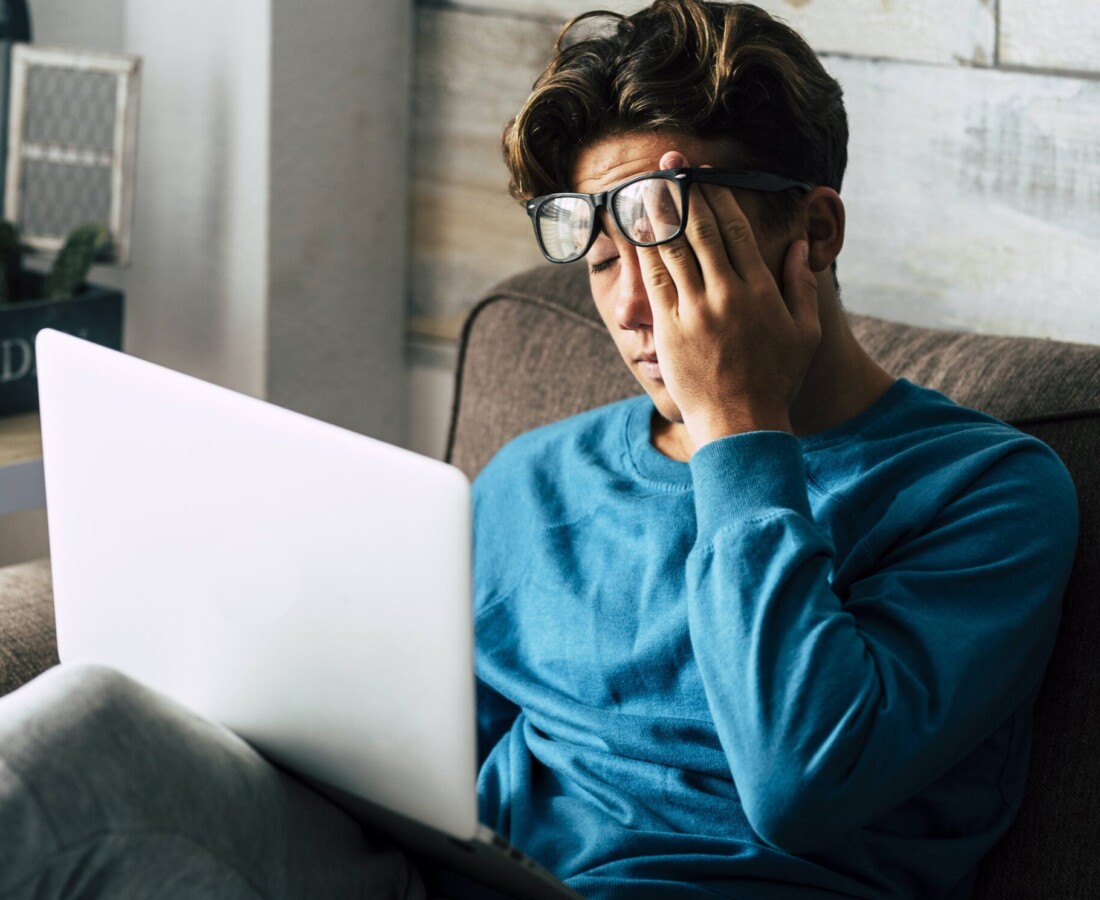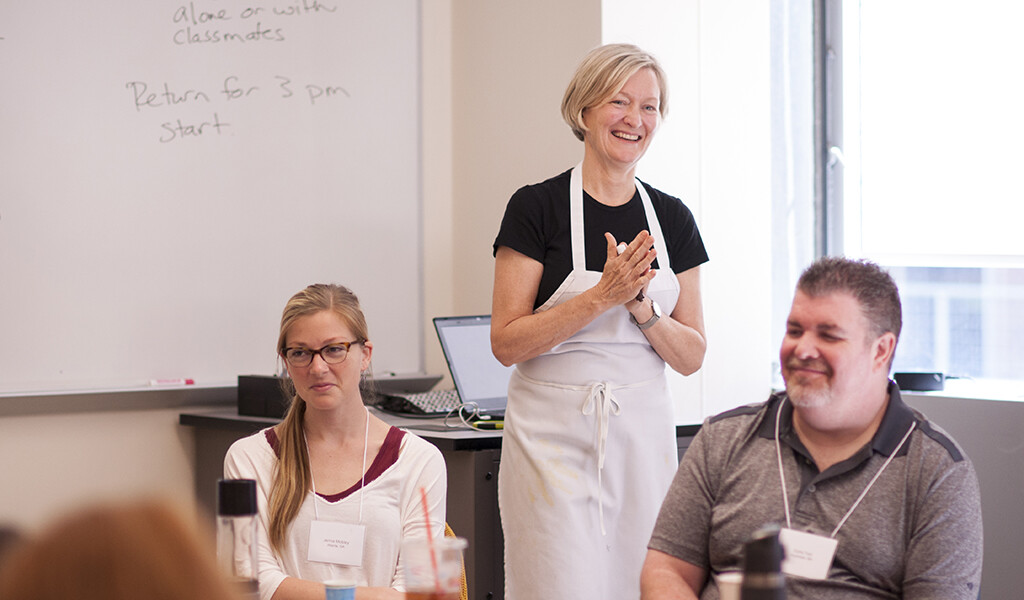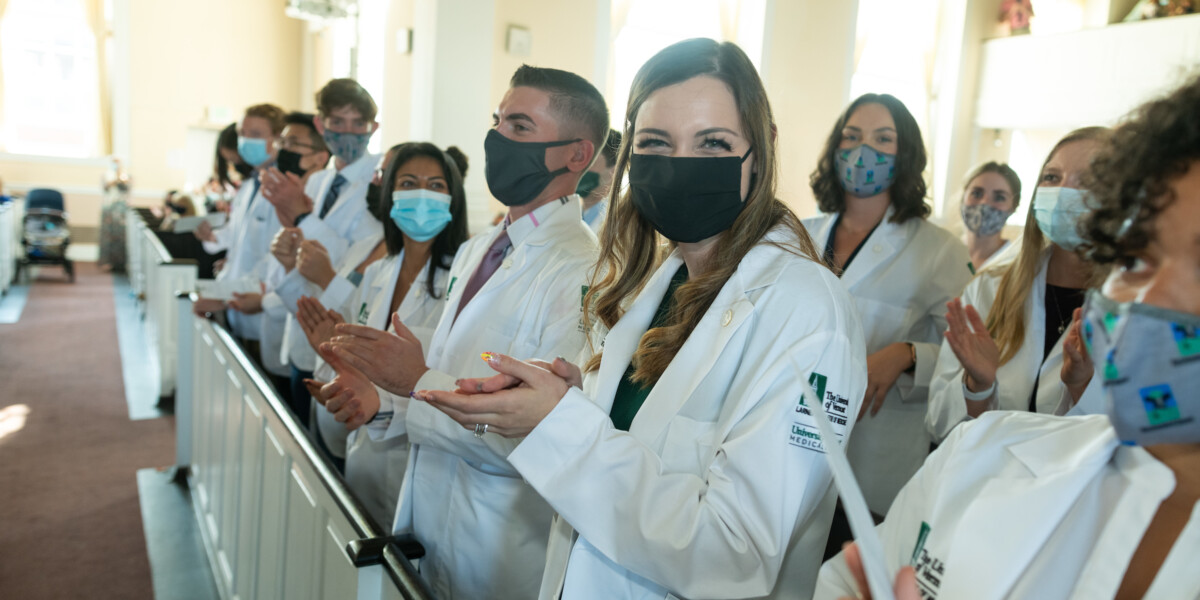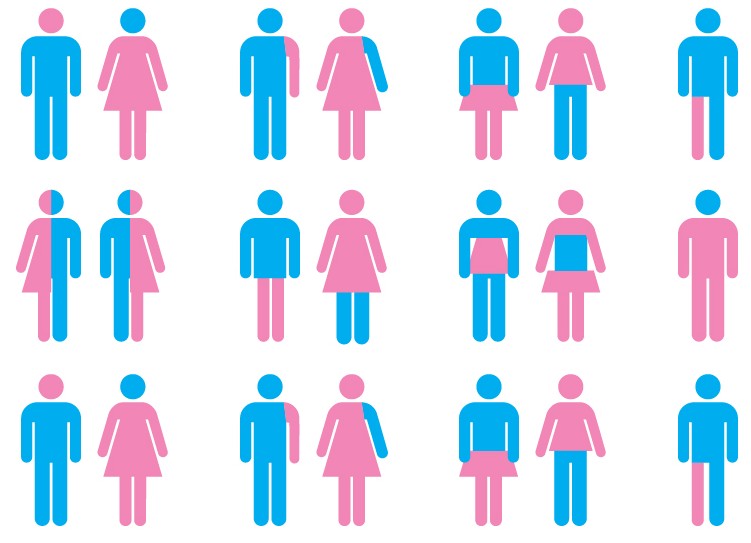The mental health crisis stemming from the coronavirus pandemic has touched everyone, from small children to the elderly, but its effect on young adults has been profound. A June study from the Center for Disease Control and Prevention found that 75 percent of 18- to 24-year-old adults showed at least one adverse mental or behavioral health symptom since the start of COVID-19, and, alarmingly, 26 percent of that same group seriously considered suicide* within 30 days of completing the survey, compared to 11 percent of the population overall.
Holistic Approaches to Virtual Learning
In the third and final part of UVM’s webinar series, Effective Virtual Learning: Student Strategies and Resources, panelists Lindsay Foreman, Mindfulness Program Coordinator for the Center for Health and Wellbeing at the University of Vermont, and Annie Valentine, M.Ed., Education and Training Manager for the Center of Health and Wellbeing at the University of Vermont, presented Holistic Approaches to Learning Amidst Uncertainty, which served to both acknowledge the difficulties faced by students and offer strategies and resources to help mitigate some of the stress and anxiety caused by the coronavirus pandemic.
“As we start this fall semester, students, faculty, parents—we are all looking at a host of challenges that bring up a lot of emotion for us,” Valentine said. “It’s also important to recognize that we are entering the fall after a summer of a lot of racial unrest and we are being called to a movement, many in our community are suffering trauma… in real time. And so we are also holding that as we’re trying to learn and engage through a screen […] the reality is that this is a time that we’re all facing uncertainty, worry, anxiety.”

UVM’s Health & Wellness Center provides a number of services to students to support their physical and mental health at this time (even if students are learning remotely), including counseling and a variety of programs focused on mindfulness, which has been shown to help regulate emotional states, enhance mental flexibility, improve concentration and clarity, and allow us to connect and care for ourselves and others.
Mindfulness/Practicing Radical Acceptance
What exactly is mindfulness? According to Foreman, their preferred definition is “focused, relaxed attention,” demonstrating a three-minute anchoring exercise they use for every thirty minutes they sit at a computer working.
“It’s not something kind of out there and weird,” Foreman said. “It’s like the most natural thing we have. If you’ve ever fallen in love, if you’ve ever played a sport and like, gotten into a flow state, or if you live somewhere where there’s not a lot of light pollution and you’ve looked up at the stars for a moment and everything drops away and you’re just there, that’s focused relaxed attention. It’s the most natural and the most challenging and I know that’s contradictory, but that’s just how things are. So it’s the most challenging for many different reasons. One is just kind of human conditioning, right? Where we was human beings, we get very tense, we get very distracted. Other challenges are our life experiences, you know, maybe some trauma that we experienced—racism, trauma, all forms of oppression and difficult life situations. And specifically, living in a global pandemic. This is hard, but on the positive side of things, we can cultivate these skills. And mindfulness actually comes from Buddhism, it’s kind of like a secular adaptation of Buddhism. And in Buddhism, there’s the Four Noble Truths, which the Buddha came up with. And the first truth is that there is suffering. And when we recognize that there is suffering, we actually have the motivation to want to be free from that suffering.”
Additionally, both Valentine and Foreman encourage students to practice radical acceptance toward themselves (and others) at this time, lowering or letting go of expectations and coming into alignment with the truth that things are not always going to go the way they want them to. Radical acceptance can help alleviate some of the anxiety and lessen the internal fight or struggle to make things happen.
Above all, students are encouraged to reach out for help if and when they need it.
“Our services are to support you as you are moving into a new time and learning environment that is going to bring some uncertainty, as the [webinar] title suggests,” Valentine said. “And so we want to be here to help you, listen to you, validate you, and provide as much support as we can […] If we can find those moments to have some gratitude, some moments of joy and connection, hopefully we can be in this together to have some collective care and to move through this time in history.”
Guided mindfulness exercises from UVM’s Center for Health & Wellbeing.
Part 1 of UVM’s webinar series, Time Management
Part 2 of UVM’s webinar series, Creating a Learning Mindset in a Remote Learning Environment
*If you’re thinking about suicide, are worried about a friend or loved one, or would like or need emotional support, please visit here for a list of local and national resources provided by UVM’s Center for Health & Wellbeing.




